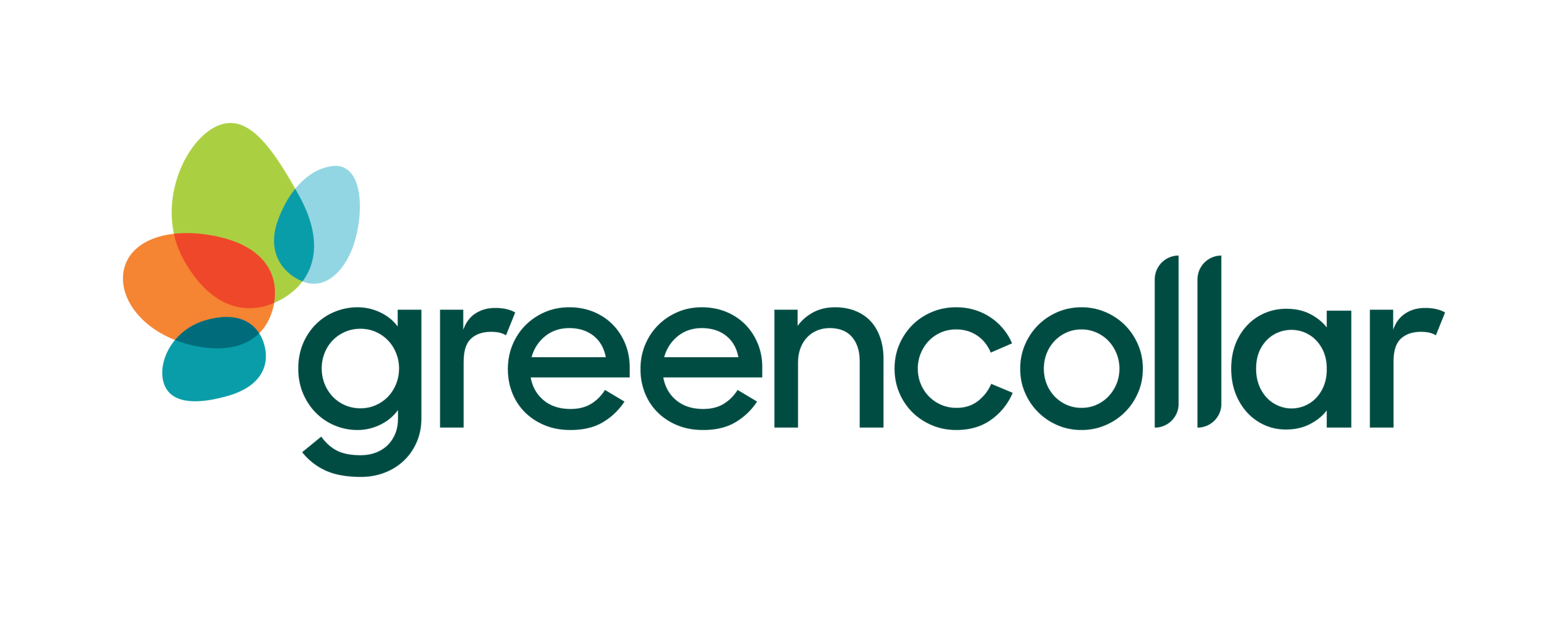The humble banana is both delicious and nutritious. But fans of the fruit may not know that the plastic banana bunch covers used by farmers to protect bananas from insects, chemicals and environmental factors, generate up to 300 tonnes of plastic waste each year.
GreenCollar is tackling this waste with an innovative response that incentivises businesses to responsibly discard or recycle these plastics. Our pioneering two-phase pilot project in Far North Queensland – the first of its kind on Australian soil and only the second in the world – is working to recover and recycle plastic banana covers, removing them from the environment and tackling plastic pollution one golden bunch at a time.
The estimated number of banana trees in Far North Queensland stands at around 15.7 million across 11,000 hectares. That’s a lot of bananas – and a lot of plastic covers. Due to a lack of recycling options, after use these thin plastic bag-style sheets may be buried or burned, which means they can break down into the soil or nearby waterways. In phase one of our pilot project which began in early 2021, we started working with farmers in the region to manage the recovery of these covers so they can be securely disposed of or shipped for recycling and find a new life rather than ending up in the environment.
In addition to directly benefiting local ecosystems and reducing the plastic footprint of participating farms, the project makes use of the Plastic Credit program recently approved by the not-for-profit Verra. Developed as part of the Plastic Waste Reduction Standard, the program converts accredited plastic-reduction projects into credits which can then be sold as a plastic offset to businesses trying to reduce plastic within their supply chains. In short, the program pays farmers to reduce their own plastics use.
Phase one focuses on the collection of plastics and encompasses on-farm baling, bins and collection services. Phase two, which is slated to begin crediting in 2024, will create new recycling facilities to convert this plastic waste into its next useful life. Many new technologies are available to tackle this problem, but more investment is needed to scale operations. The plastics used on the farms of Far North Queensland present a great opportunity for these recycling operations. By helping to build the plastic crediting market, GreenCollar is nurturing these connections and new opportunities for the region.
Our Plastic Banana Cover Project was one of 24 pilot projects chosen to trial the framework internationally, along with two other GreenCollar ventures in Asia Pacific and Africa. These international projects demonstrate that the economic and social benefits associated with market-based programs remain the most efficient in encouraging positive environmental outcomes from private businesses.
In Asia Pacific and Africa, the Plastic Waste Recovery and Recycling Projects we are overseeing provide training, equipment and supplies to help local communities collect plastic waste to recycle. They also generate consistent income for those undertaking the projects, funded through the sale of Plastic Credits.
Projects like these provide a fantastic blueprint for corporations looking to take responsibility for the management of plastic waste. That they also achieve social, economic and environmental benefits is a much-needed co-benefit.
In the case of our plastic recovery project in Queensland, it’s the farmers themselves who receive the greatest rewards. By helping banana growers reduce their operating costs and manage their waste, GreenCollar is helping to ensure the sustainability of one of our iconic Australian agriculture sectors.
And unlike a discarded banana peel, there’s nothing slippery about that.
Businesses and individuals interested in learning more about plastic credits can visit this page.

